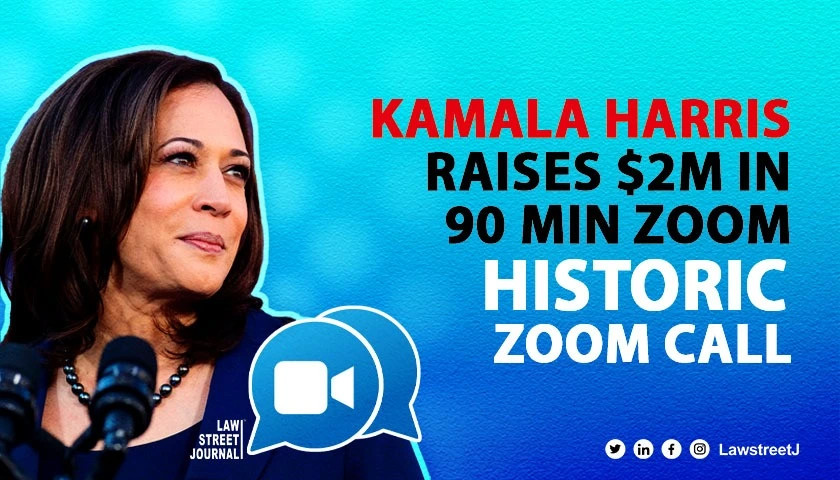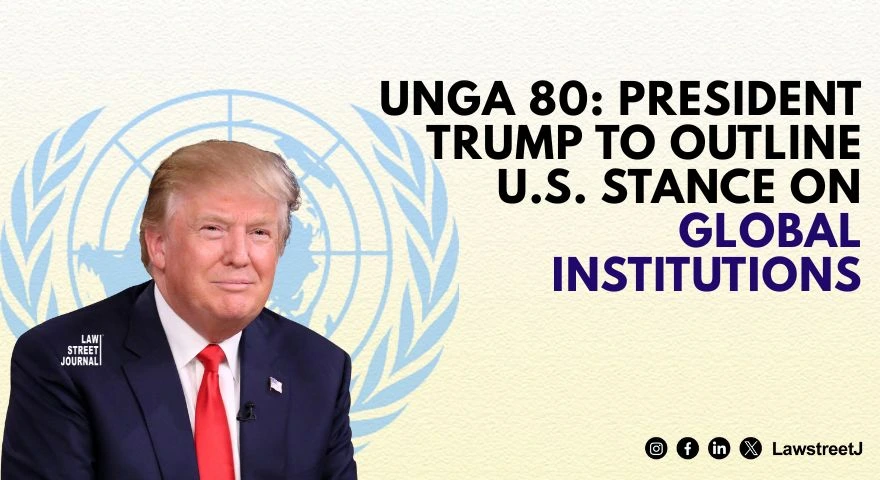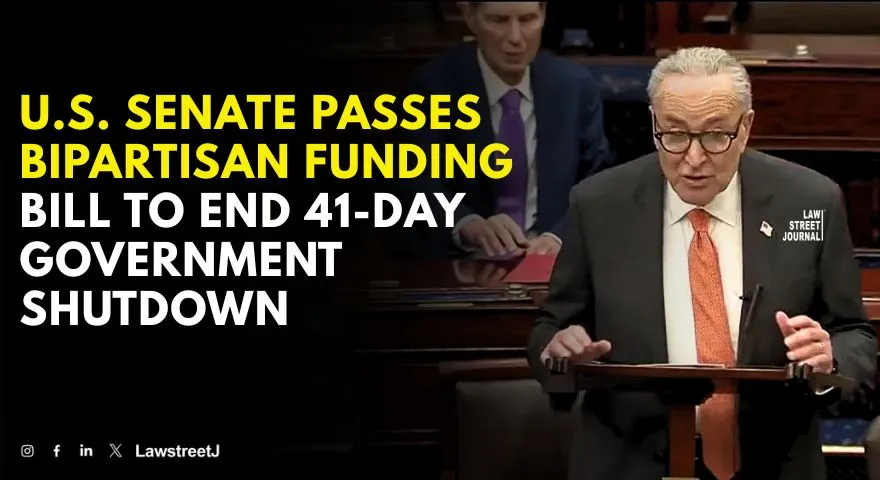United States: U.S. President Donald Trump has urged House Republicans to support the public release of Justice Department documents related to Jeffrey Epstein, marking a clear shift from his earlier stance on the issue. The development comes at a time of renewed political and public scrutiny surrounding Epstein’s criminal network and the identities of individuals referenced in federal records.
On November 16, 2025, Trump posted a statement on his Truth Social account calling on House Republicans to vote in favor of releasing federal files associated with Epstein, who died in custody in 2019 after being charged with sex trafficking of minors. Trump’s remarks followed comments from House Speaker Mike Johnson, who said that allowing public access to the documents could help settle ongoing discussions about political links connected to the case.
In his post, Trump wrote that House Republicans “should vote to release the Epstein files,” adding that his party had “nothing to hide.” He also referred to criticism surrounding the matter as a “Democrat hoax,” indicating that he considered the controversy an attempt to undermine Republican efforts.
The House Oversight Committee has confirmed that it has already received preliminary disclosures from the Department of Justice. Tens of thousands of pages of federal material are currently under review, including communications, travel logs, and financial information tied to Epstein and individuals linked to his activities. Committee officials said additional documents remain under examination for possible release once legal reviews and redaction procedures are complete.
House Oversight members are expected to continue evaluating the material, though no specific timeline has been issued. The committee stated that it aims to ensure compliance with all applicable federal regulations before any public disclosure is approved.
Legal Process and Restrictions on Release
Any release of federal investigative records is governed by the Freedom of Information Act (FOIA), codified under 5 U.S.C. § 552. FOIA authorizes public access to government documents with several exceptions, including the protection of information related to active investigations, national security, and personal privacy.
In this instance, the Department of Justice has already completed its criminal inquiry into Epstein following his death in 2019, which may reduce certain legal limitations associated with disclosure. According to legal specialists, a House vote would not modify FOIA requirements or replace the statutory review process. However, such a vote could demonstrate congressional support for transparency, potentially accelerating the DOJ’s internal evaluation. The Justice Department maintains authority over decisions such as redactions, classification determinations, and the protection of personal details of individuals who have not been charged with crimes.
The files under discussion reportedly contain references to political figures, business executives, and individuals from the entertainment sector. Legal experts emphasize that the DOJ must adhere to protections established under the Privacy Act of 1974, which restricts the release of identifiable personal information without proper authorization. Federal law requires agencies to balance transparency with statutory privacy safeguards before releasing any investigative records.
The House Judiciary Committee has separately requested a briefing from DOJ officials regarding the size, classification status, and contents of the documents. The committee has not yet announced when the briefing will take place. Sources familiar with the discussions indicated that a vote in the House may occur before the end of November, though the schedule remains subject to procedural decisions.
Background and Ongoing Political Effects
Jeffrey Epstein was arrested in July 2019 on federal charges involving the sex trafficking of minors. He died in August 2019 at the Metropolitan Correctional Center in New York City. The New York City medical examiner ruled the death a suicide. Questions surrounding his death and the scope of his network have remained subjects of public debate since 2019.
Images taken in the early 2000s showing Trump and Epstein together have frequently circulated. Trump has repeatedly stated that their association ended well before Epstein’s federal indictment. In a 2019 statement, Trump said that he “was not a fan of Epstein” and noted that the two had a falling-out years before any criminal charges were filed.
Advocacy organizations focusing on sexual exploitation have urged Congress to prioritize victims’ rights in any public release of documents. These groups have stated that disclosures should not jeopardize confidential agreements or reveal sensitive information that could affect survivors. They have also encouraged lawmakers to ensure that all materials are reviewed with caution to avoid violating privacy protections.
Political analysts observe that Trump’s recent support for document disclosure coincides with broader calls for transparency in cases involving sexual abuse and high-profile individuals. Trump also referenced recent Republican gains in budget negotiations in his Truth Social post, presenting the document release as part of an ongoing effort to demonstrate the party’s commitment to public accountability.
While the Justice Department continues its internal review, several congressional offices have stated that they expect further discussions on the legal handling of the documents. The timing of the final decision will depend on committee procedures, privacy law compliance, and the DOJ’s evaluation of confidentiality considerations.











